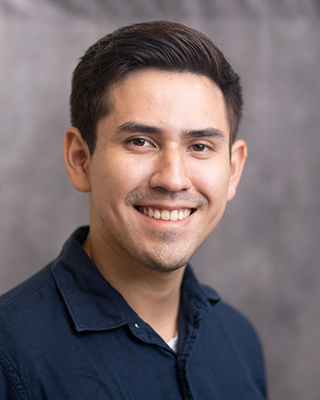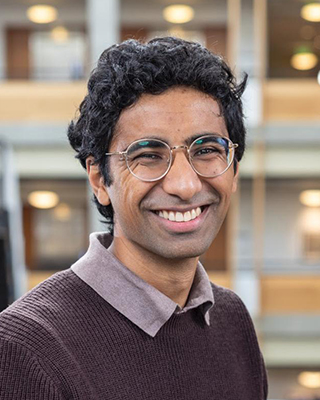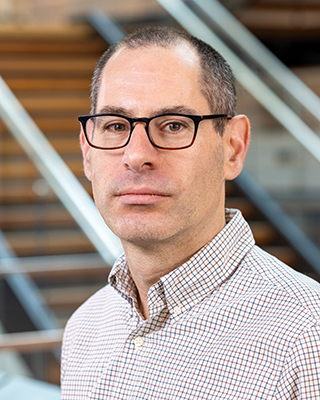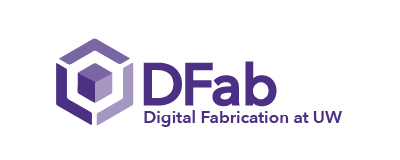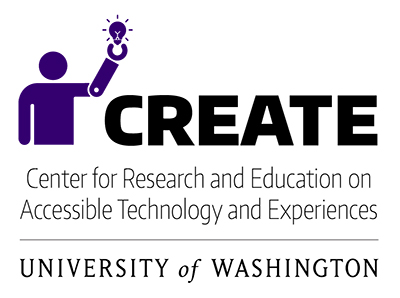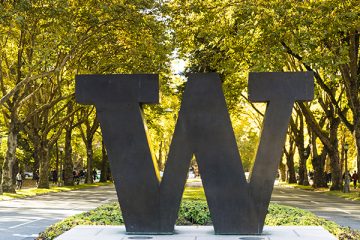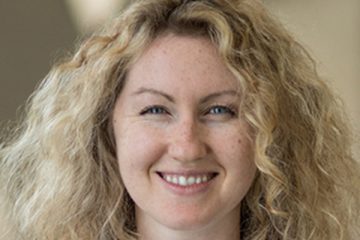Our work in human-centered computing explores and enhances the ways in which people and communities engage with and experience technology.
Our research considers the personal, educational, cultural, and ethical implications of innovation. Drawing upon techniques from human-computer interaction, learning sciences, sensing and more, we aim to maximize the potential benefits of technology while minimizing potential harms to individuals, groups and society.
Groups & Labs

Security and Privacy Research Lab
The Security and Privacy Research Lab works on a variety of topics, ranging from studying and addressing security and privacy risks in existing technologies, to anticipating future risks in emerging technologies.
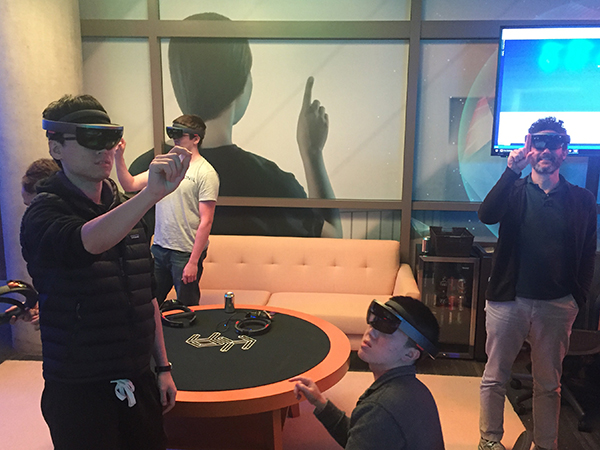
Graphics & Imaging Lab (GRAIL)
The work of the Graphics & Imaging Laboratory spans computer graphics, computer vision, generative AI, computational photography, virtual reality, animation and games.
Faculty Members
Centers & Initiatives
DFab is a network of researchers, educators, industry partners, and community members advancing the field of digital fabrication at UW and in the greater Seattle region.
The mission of the UW Center for Research and Education on Accessible Technology and Experiences (CREATE) is to make technology accessible and the world accessible through technology. By bringing together researchers from across the campus, CREATE harnesses the diverse expertise necessary to realize a more just and equitable technological future, one that overcomes existing barriers and ensures new ones do not arise.
Highlights
UW Graduate School
Allen School News
Allen School News


